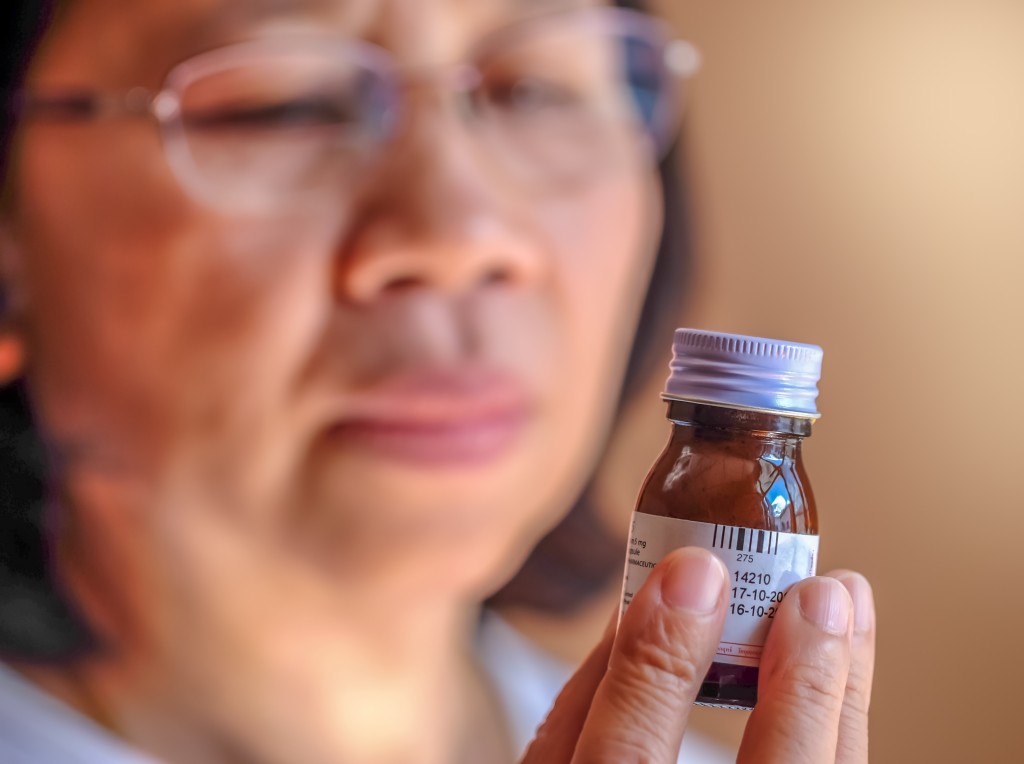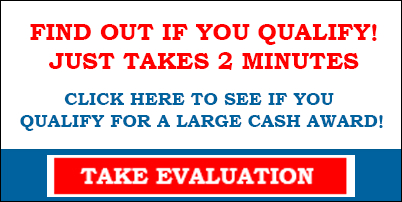At your next trip to the doctor’s office, consider this: The medication your doctor prescribed may not be approved for your specific condition or age group. In the U.S., new drugs are tested in clinical studies before being approved by the FDA for use in the general public. These clinical trials are done to show that the drug works to treat a certain medical condition, works the way it’s expected to, and is safe when used as directed. When the FDA is satisfied with the drug, the drug label is then created.
A drug label gives information about the drug, including the specific medical condition(s) it’s approved for. When a drug is used in a way that is different from that described in the FDA-approved drug label, this is called “off-label” use. While the practice is entirely legal and extremely common, the debate is still going strong on whether it’s considered safe for patients.
More than one in five outpatient prescriptions written in the U.S. are for off-label therapies. Despite this popularity, experts say that few patients are even aware they are receiving a drug off-label. In addition, doctors are not required to tell a patient that a drug is being used off-label.
Problems with Off-Label Drug Use
Pushing Doctors for Pay
Through the False Claims Act, drug makers have been taken to task over the years for alleged illegal off-label promotion. In 2010, all of the top ten cases settled involved health care- with a total of $2.7 billion- and eight of those cases involved pharmaceutical companies.
Pharmaceutical companies have racked up nearly $7 billion for settlements in cases like one filed by Angela Maher, a former drug sales rep for Ortho-McNeil Pharmaceutical. Maher sued the company in Massachusetts federal court back in 2003, claiming that they pushed an anti-seizure drug for 27 off-label uses. The former drug sales rep stated that company officials relentlessly tracked whether their payments to doctors were worthwhile.
Ortho-McNeil settled for $81 million in 2010, and pleaded guilty to a misdemeanor charge of misbranding a drug. Another pharmaceutical company, AstraZeneca, was sued for paying psychiatrists to discuss their anti-psychotic, Seroquel, for “conduct disorders” in children even though it was not approved for that use. The company settled with the government for $520 million and, like other firms, signed a corporate integrity agreement promising to follow federal rules.
Higher Costs
A big problem with off-label drug use is getting insurance plans to pay for the use. Many health insurance companies won’t pay for an expensive drug that’s used in a way not listed in the FDA approved drug label. Companies do this on the grounds that the use is “experimental” or “investigational.”
Legal Risk
Off-label drug use doesn’t reflect “standard of care” treatment, which could raise concerns about the legal risk to doctors and manufacturers should a patient have unwanted or serious side effects. Medical ethics professor Rebecca Dresser writes:
“Off-label prescribing can expose patients to risky and ineffective treatments.”
A good example of one of these dangerous and, sometimes ineffective, treatments is the off-label use of Zofran to pregnant women. GlaxoSmithKline, the makers of Zofran, have promoted the off-label use of their anti-nausea drug, Zofran, for morning sickness in pregnant women. Zofran is originally intended for treatment in the nausea for chemotherapy patients. While the off-label use has helped some women during their pregnancy, the drug has also negatively affected the newborns when they come to term.
What questions should you ask your doctor about off-labeling?
If your doctor prescribes you an off-label use of a drug, don’t be afraid to ask questions.
- Would prescribing the off-label use of the drug be more effective than the use of an approved drug?
- Are there any risks associated with the off-label use that I should know about?
- Will my health insurance cover off-label treatment with this drug?
- Is there evidence to support the off-label use of this drug to treat my condition?
What questions should you ask your attorney about off-labeling?
If you have been harmed by the use of an off-label drug, it’s important to ask your attorney these crucial questions:
- Does off-label drug use include prescribing a medication for groups of people other than those for which the drug was approved? Could a doctor or manufacturer fact liability in those cases?
- Are drugs approved for certain diagnosed conditions, or for symptoms?
- Does off-label use of a drug ever become so widespread that it becomes part of the standard of care, even if that departs from the drug’s original approved use? Does this factor into lawsuits if people start experiencing dangerous side effects from using a drug off-label?
Big pharmaceutical companies, like GSK and AstraZeneca, put profits over people. National Injury Attorneys, LLC fights back against these corrupt, money-hungry companies and focus on serving the needs of the patients who have experienced life-altering side effects from drugs they originally thought safe because a doctor told them so.
Contact us today at 1-800-214-1010.
Sources: ProPublica, WebMD, Cancer.org
Free Case Evaluation
Contact Us today for a FREE, Immediate Case Evaluation
Contact Us today for a FREE, Immediate Case Evaluation
Categories
Recent post
- When Pet Owners Fail to Control Aggressive Dogs: Legal Options for Bite Victims in California
- Rideshare Driver or Passenger? Legal Steps to Take After a California Uber or Lyft Accident
- Crosswalk Accidents: When California Drivers Fail to Yield and Pedestrians Pay the Price
- Parents, Teens, and Texting: Addressing the Dangers of Distracted Driving Among Young Drivers in California
- California Rideshare Accidents Involving Minors: What Parents Need to Understand








